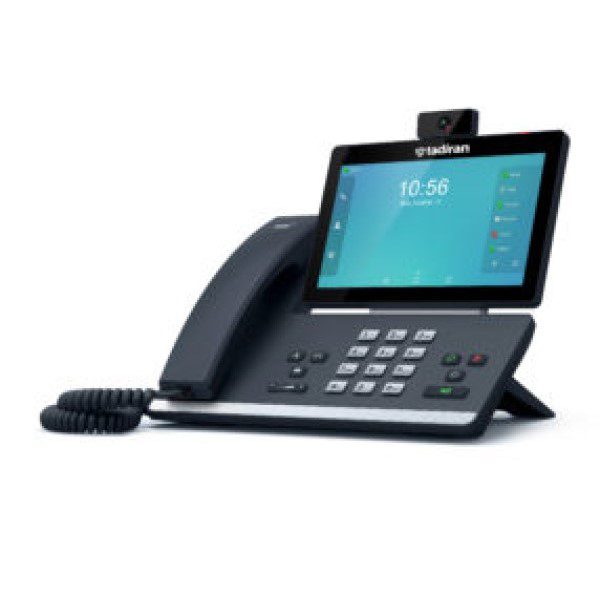
One of the leading challenges every business faces is keeping overhead low. If your business is still using landlines or Public Switch Telephone Network (PSTN), you’re missing an opportunity to not only lower overhead costs but to improve productivity.
The opportunity is in using Voice over Internet Protocol network (VoIP) for your business communications — and the savings can be dramatic.
Once you see the bottom-line advantages and the additional capabilities you gain with VoIP, you will likely decide to make the switch. But then comes another decision — whether to go with a VoIP solution that uses a hosted IP-PBX provider or to purchase a premise-based solution.
Once you understand the differences, positives and negatives of these two options, it should be easy for you to choose which is best for your business. Each can provide the same quality and reliability as your current landlines while giving you advanced capabilities that handle voice and data.
Here are the basic differences between these two VoIP delivery options:
Hosted PBX services — Your entire telephone system is operated and maintained by your Voice-over-IP (VoIP) service provider.
- Your provider houses the IP PBX at their location and manages all the technology needed to deliver your phone service and the features it includes.
- Your desk sets plug into your Local Area Network (LAN) but the calls, signaling, and features are handled through an IP-PBX server at the provider’s location.
- You pay a monthly fee based on the features or package of features you choose.
On-premise IP PBX — This is a software-based phone system that also uses VoIP technology but is hosted on your premises.
- Like your current PSTN system, this IP PBX is installed at your business location but the call routing is handled through more advanced technologies.
- These advanced technologies access your Local Area Network (LAN) to route calls to and from your telephones.
What to consider when making a choice.
- Costs
The cost of an on premise IP-PBX phone system involves the initial purchase of hardware, including a server with the proper number of interface cards so your business can connect your telephone company with the IP phones. Here are more cost details:
- Your IP-PBX provider takes care of installing and programming your IP PBX, and training your staff on using the system and its many features.
- Upfront and setup costs are higher.
- After system is set up and running, monthly costs are lower.
- The addition of a technology called SIP trunking can lower your calling costs even further.
- You take care of all upgrade and maintenance costs.
- Startup and setup costs are lower.
- Upgrade costs are covered by the service provider.
- You manage the IP-PBX feature programming by logging onto a cloud-based program.
- Maintenance costs on the IP PBX are eliminated, but you handle the maintenance of your phones and internal network devices.
- You or your local vendor must handle all staff training.
- Monthly costs are low.
- Adding extra lines, features and upgrades is quick and easy but may come with additional monthly costs.
- Growth
Expanding the on-premise PBX can be accomplished by buying more IP phones and software licenses. However, during an expansion or other technical upgrade, you may want the help of an experienced technician. Expanding lines with a hosted PBX requires the purchase of more phones — plus going online and programming them into your system. If your monthly cost is based on the number of phones you have, it could go up as well.
- Capabilities
Having the advanced features that support your type of business operation is an important consideration. These features are the tools that can make your operation more productive as well as build satisfaction with employees and customers. Both hosted and on-premise systems offer an extensive list of convenient user features. Ask your provider for a full list of what is available.Here are a few other deciding factors:Hosted PBX systems:- Fast and easy addition and removal of virtual numbers
- The Hosted Services provider is responsible for adding new functionality, maintenance and upgrades.
- Lost power or Internet access won’t interrupt operations as calls can be automatically directed to voice mail or mobile phones
- You or your designated vendor add, adjust and delete users as desired
- Most on-premise PBX systems include a more robust and flexible feature set than Hosted.
- The loss of power or telephone company service at your location could interrupt business communications
The most important part of your decision to choose a hosted IP-PBX system or an on-premise IP PBX is the provider. You will want to find a trusted firm with the systems and features matching your business needs that will be there to serve your business long into the future. Local representation is crucial to the successful deployment and ongoing operation of your new system whether you choose a Hosted PBX or an on-premise PBX.


Recent Comments